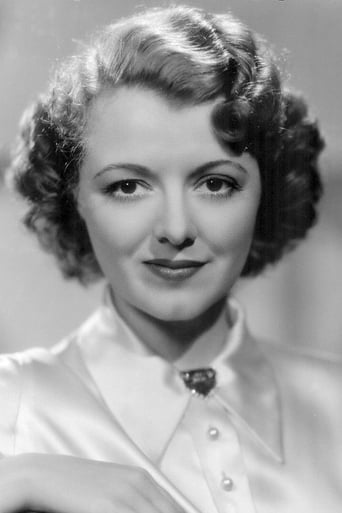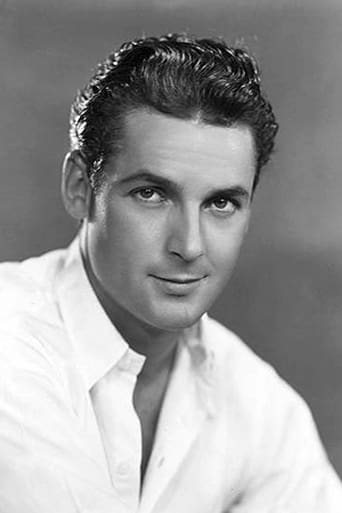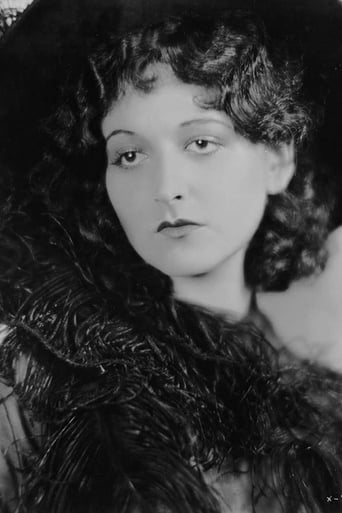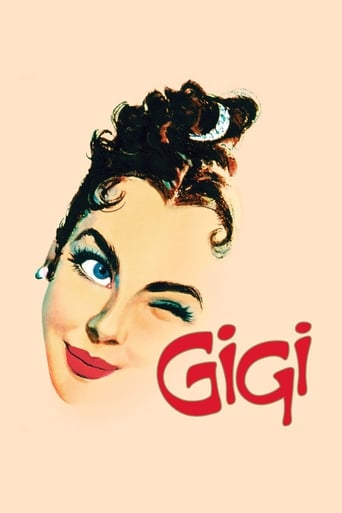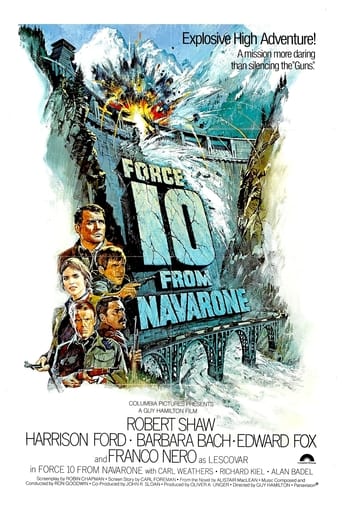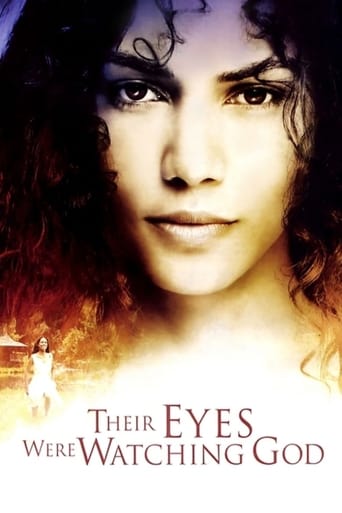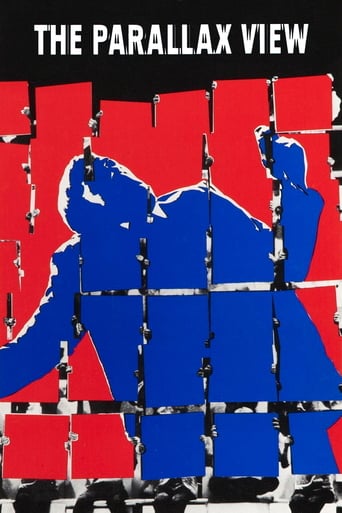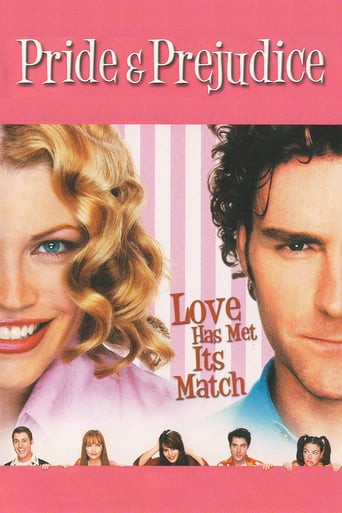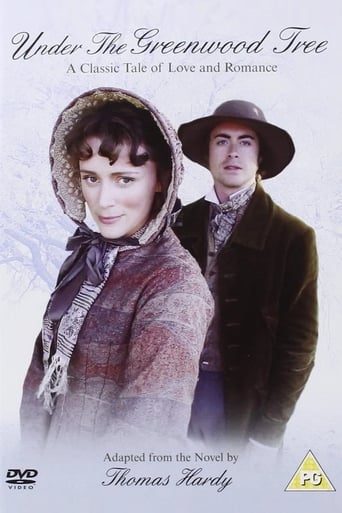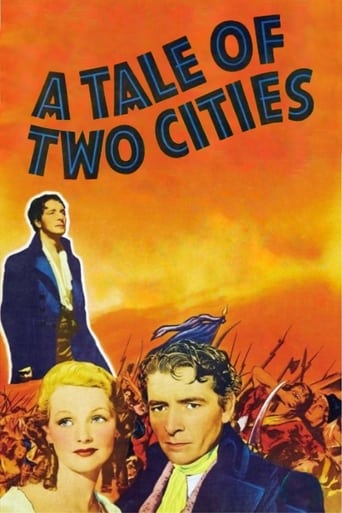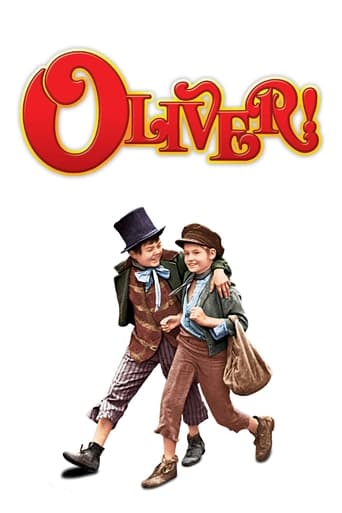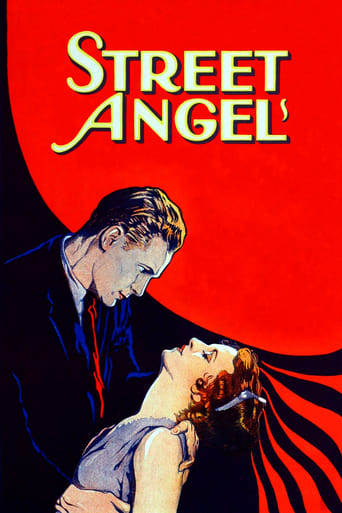
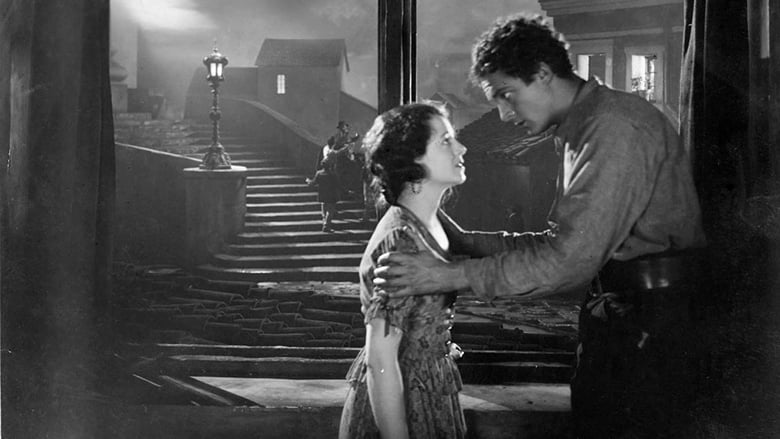
Street Angel (1928)
A spirited young woman finds herself destitute and on the streets before joining a traveling carnival, where she meets a vagabond painter.
Watch Trailer
Cast
Similar titles
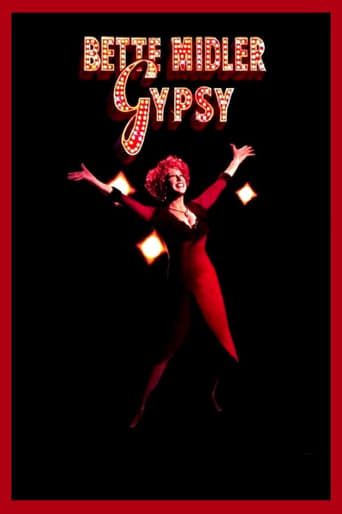
Reviews
The Worst Film Ever
I cannot think of one single thing that I would change about this film. The acting is incomparable, the directing deft, and the writing poignantly brilliant.
It's the kind of movie you'll want to see a second time with someone who hasn't seen it yet, to remember what it was like to watch it for the first time.
what a terribly boring film. I'm sorry but this is absolutely not deserving of best picture and will be forgotten quickly. Entertaining and engaging cinema? No. Nothing performances with flat faces and mistaking silence for subtlety.
In Naples, the young Angela (Janet Gaynor) needs 20 Lira to buy medicine for her terminal mother. She sees the prostitutes on the street and she decides to sell her body to earn the money. She does not succeed and tries to steal money from a customer of a street vendor. Angela is arrested and sentenced to one year in prison but she escapes and finds her mother dead. While chased by the policemen, she is hidden by Mascetto (Henry Armetta), who owns a traveling circus, and she works with his team. Angela meets the painter Gino (Charles Farrell) and they fall in love with each other. When Angela breaks her ankle in a fall, she returns to Naples with Gino that grows as painter and is hired to paint a mural in the church. Gino proposes to marry Angela but a policeman recognizes Angela and gives one hour to her to say goodbye to Gino. Angela does not tell him about her past and vanishes from his life. One year later, Angela is released and she immediately goes to see the mural painted by her beloved Gino. However she sees the name of Roberti instead and she learns that Gino had been fired. Now the starving Angela wanders on the harbor. Meanwhile a prostitute tells to Gino that his love is a "street angel" and he decides to paint again, not the face, but the soul of prostitutes and seeks a model on the harbor. When they stumble on each other, Gino sees her soul through her eyes and they stay together. "Street Angel" is silent movie with a wonderful melodramatic romance and magnificent performance of Janet Gaynor, the first winner of an Oscar in the Best Actress in a Leading Role category for her work in "7th Heaven", "Sunrise: A Song of Two Humans" and "Street Angel". The camera work is amazing for a 1928 movie and the introduction is impressive with a long 360 degrees shot. The cinematography is also stunning and this movie deserved to be restored. My vote is nine.Title (Brazil): "Anjo da Rua" ("Street Angel")
With "Street Angel," Frank Borzage's romantic drama starring oft-paired Janet Gaynor and Charles Farrell, the first phase of my movie project has come to an end.I set out to see every available movie that was nominated in any category at the very first Academy Awards. Gaynor received a Best Actress nomination for her performance in "Street Angel" along with two other films, "Seventh Heaven" and "Sunrise." "Angel" is certainly the weakest of those three. Many of Borzage's dramas were overly sentimental and full of implausible plot developments, but his touch was usually light enough to overcome these tendencies. Not so in this film. The melodrama is ladled on so thick you can barely see the movie through the syrup, and the film takes forever to get around to the resolution the viewer can see coming a mile away."Street Angel" was oddly also nominated at the following year's Academy Awards in the categories of Art Direction (Harry Oliver) and Cinematography (Ernest Palmer). Eligibility rules must have been looser back then.Grade: C
With her ailing mother in need of medicine, pretty poverty-stricken Janet Gaynor (Angela) desperately decides to sell herself for sex on the streets of Naples, Italy. Unable to attract any interested male customers, the innocent-looking Ms. Gaynor steals some money instead. Gaynor is caught, and convicted of "robbery while soliciting." As she is led to serve her year in the workhouse, Gaynor escapes and joins the circus. A leggy attraction, she leaves upon meeting handsome painter Charles Farrell (as Gino). The couple are planning to be married when Gaynor's past threatens to end their happiness Happiness is foreplay when Gaynor caresses Farrell's feet; in a startling scene, they are the symbols of fertility "Street Angel" is the lesser known of the three films for which Gaynor won her "Best Actress" Oscar, and it is often mentioned as being the film in which the sweet, wholesome actress played a prostitute. After seeing the film, it's clear she is never really a prostitute; this story, like others from the silent era, makes the prostitutes very clear (without showing any sex), and Gaynor's character is not one of them (you could call her a failed prostitute). Also surprisingly (or not, if you've seen it), this performance by Gaynor is worthy of a "Best Actress" nomination on its own, as was "7th Heaven" The song sounding like Elvis Presley's "It's Now or Never" is the beautiful Italian standard "O Sole Mio" Frank Borzage, who won the first "Academy Award" as "Best Director" for his "7th Heaven" (also with Gaynor and Farrell) could have won for this film. It may not be up to Frank Murnau's "Sunrise" levels, but "Street Angel" is still extraordinarily beautiful. The photography by Ernest Palmer and Paul Ivano, along with the settings by Harry Oliver also received award attention (outside of its initial eligibility year). You'll see why. The only thing keeping "Street Angel" from perfect is the rather too ordinary, overused storyline; moreover, its celebration of virginity is taken to pretentious extremes.********* Street Angel (4/8/28) Frank Borzage ~ Janet Gaynor, Charles Farrell, Alberto Rabagliati, Natalie Kingston
SPOILER NOTE: this contains spoilers about Street Angel and its predecessor, Seventh Heaven.Seventh Heaven is somewhere in the middle of the pack of silent films that are still seen today, but in its day it was a huge success, and it's no mystery why. With World War I less than a decade behind it, Seventh Heaven (1927) offered shameless fulfillment of one of the most persistent fantasies of the war-- that your loved one, believed dead, will rise and come back to you if you just wish for it with all your heart. The film is mainly remembered as a proletarian Parisian romance between the sewer-worker Chico (Charles Farrell) and the waif Diane (Janet Gaynor), set on a visually active representation of a Paris neighborhood in which the stars and the camera are always roaming over stairs and rooftops, but the last act and climax are driven by the war and by Diane's wishing that her beloved will come back to her which, struggling against great odds (including having been blinded), he does in a scene of sentimentality rendered with the kind of no-holds-barred brio that only the silent cinema, with its booming organs and dreamlike absorption, could achieve. Not surprisingly, Street Angel was an attempt to make lightning strike twice with the same stars and director in another tale of lovers parted by circumstances bigger than themselves-- a theme Borzage would continue to explore not only in the third of his Gaynor-Farrell silents, Lucky Star, but throughout the 1930s in such films as Man's Castle (in which it's the Depression), History Is Made at Night (a Titanic-like shipwreck), and Three Comrades (the rise of Nazism). Gaynor plays another waif driven, in desperation, to prostitution (quite frankly portrayed); arrested for theft while soliciting before she actually has to do anything sordid, she escapes with a circus, meets painter Farrell, they fall rapturously in love-- and then a policeman remembers where he's seen her. She goes away in secret rather than let Farrell know her shame, but alas, he turns to drink in disappointment at the perfidy of women, and in the big climax, it is not that he must crawl back to her from the dead, but that she must convince him of her purity before he does what a man's gotta do. Using a similar moving camera on a stage set-like cityscape, but with lighting far more influenced by German Expressionism than Seventh Heaven (the result of following Sunrise in production at Fox, no doubt), Street Angel is visually impressive but the plot, and the attitudes that underlie it, are repugnant-- it's one thing for a young couple to be torn apart by war, it's another to be torn apart by your own sanctimony. And part of the reason we may find it unappealing is because we're not swept away by Farrell's character in this tale-- it's the kind of role that, if it didn't kill his career outright, certainly helped type him as a relic of the more florid silent era as sound progressed. One of the truisms of movies is that men happily in love are unwatchable dopes. Happy couples are in general undramatic, to be interesting there needs to be some form of conflict before you find happiness in the fadeout (your two families are feuding; you're fighting like cats and dogs on the Twentieth Century; your elderly father has hired a private detective to keep you and your sister out of trouble). But the man in particular stands a high chance of looking like a big emasculated idiot if he just spends the movie gooning at his gal. Borzage's Man's Castle (1932) shows how to do this right-- Spencer Tracy does manly stuff out in the world to try to get by, while Loretta Young tries to make them a happy home on no money. Street Angel does it all wrong-- Farrell, who has a strapping physique and handsome face but a little pursed mouth, just stares and moons at Gaynor like a lovesick beagle, which means we already can't stand him by the time he turns out to be a moralistic jerk-slash-pretentious-artiste. (It doesn't help that the early soundtrack breaks into either whistling or saccharine serenading on a regular basis. I guess we can be grateful that no one yodels.)Film fans may find delights in Borzage's photography and in Gaynor's more appealing performance as the long-suffering gal, but today at least, Street Angel proves to be the least appealing of the "trilogy" next to Seventh Heaven or Lucky Star.
